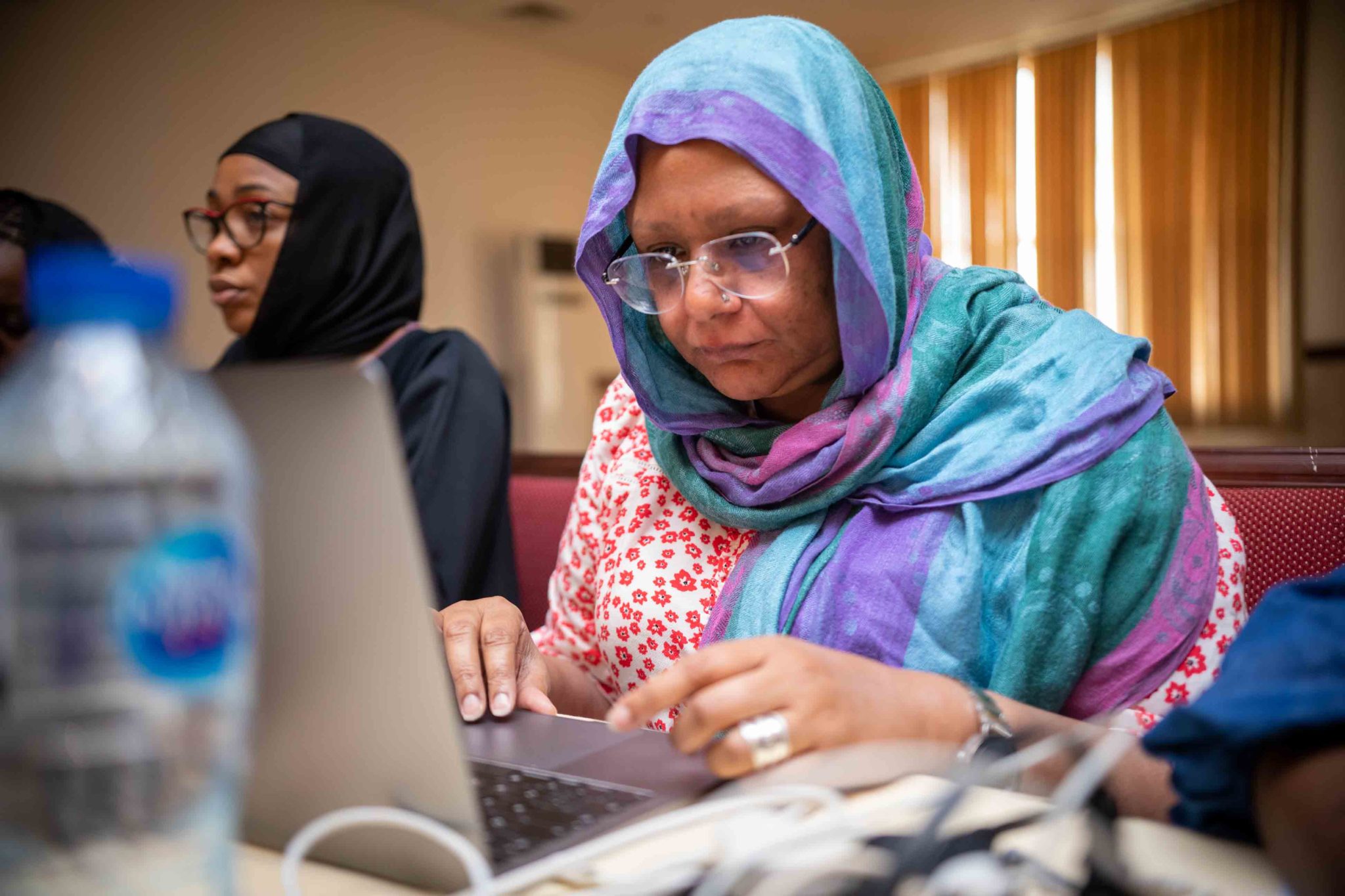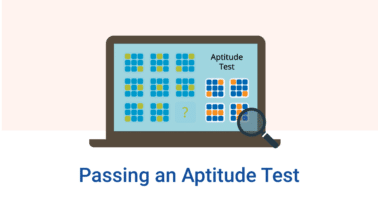Is technology an enabler or inhibitor to closing the gender gap in Nigeria’s labour market? Does technology hold prospects of supporting women’s transition into dignified and fulfilling work? Could automation have complicated today’s work structures in ways that shut women out of formal employment? What implications does the growing adoption of technology within the informal sector of Nigeria’s economy have for millions of women? The answers to these questions still remain largely debated and contested depending on the context, perspectives, or agenda. What would, perhaps, be agreeable is that the fourth industrial revolution, accelerated by the COVID-19 pandemic, has implications on women’s labour market outcomes in Nigeria.
Perhaps, more than ever before, digital disruptions will have a huge impact on women’s employment pathways, career progression, and socio-economic outcomes in the next decade. According to World Economic Forum 2020, over the next ten years, 90% of jobs will require digital skills. The COVID-19 pandemic has further revealed that technology, among other factors, would be a mark of jobs and businesses of the future. Consequently, organizations are investing in high-end technology infrastructures and organizing their workforce to deploy these tools in optimizing processes and delivering results. More than ever before, employers are prioritizing digital savviness in their recruitment and choice of employees. This is mainstreamed in how jobs are advertised, how candidates are shortlisted, the format in which interviews are conducted, and how workplaces are structured, among other systems. There is also a surge in the adoption of digital alternatives in carrying out business operations within the informal sector. It is fast becoming standard practice for MSMEs to leverage tech tools and platforms to deliver products and services. What implications would these realities have for women within the labour market?
Since the outbreak of the COVID-19 pandemic, emerging trends in the world of work suggest that more women are swiftly adapting to the digital culture and up taking job opportunities in roles such as digital marketing, social media management, data analysts, social influencers, and full-stack developers, among other opportunities within the digital sector. Similarly, the adoption of e-commerce is said to have advanced even among previously unbanked and undigitized women in Nigeria. According to the 2022 Women and e-commerce in Africa report of the international finance corporation (IFC), 50% of registered businesses on Jumia[5] are women-owned. This aligns with the insights from Jobberman’s 2022 Gender Barriers Report that strongly suggests women are largely leveraging technology to communicate. Across three states (Lagos, Kano and Kaduna) where the research was focused, women are leveraging social media platforms, especially Facebook and Instagram to expand the visibility of their businesses and improve their socio-economic outlook.
Fig 1- Women’s skill proficiency in basic digital skills
Although women are using technology to communicate, they are not necessarily leveraging technology to automate. This is because they continue to struggle with deploying tech tools in and out of the workplace. These gaps (Fig 1) in the use of tech tools could partly explain why more women find it difficult to transition into the formal sector even though it is the sector of preference. With less than one million women in Nigeria’s formal sector, the implication of the digital skills gap among women is apparent. Although 51% of the women surveyed across the three states prefer jobs in the formal sector, they emphasized that they find it more difficult to access job opportunities especially because they are deploying skills at beginner levels and do not have access to quality training (especially digital skills), to grow their competitiveness. Although the dynamics differ from state to state, at least 2 in every 5 women surveyed across the three states can either not use basic office suites (Microsoft Word, Powerpoint, Excel) and Email or are deploying these four skills at beginner levels.
Fig 2- Skills women need to improve economic outcomes/prepare for the workplace.
Beyond limiting women’s prospects in formal employment, the dearth in digital skills gaps could further deepen economic marginalization in the future of work, both in formal and informal sectors. Although there is an even split in the adoption of e-commerce among male and female entrepreneurs, according to a 2019 World Bank report, male-led businesses made 39% more profit than female-led small and medium enterprises in Nigeria. While women have become the dominant players in Nigeria’s informal economy, oftentimes, women who intend to expand their businesses lack the skills to achieve this, especially digital skills. It is not far-fetched that women recognize the importance of digital skills in improving their economic outcomes – especially in Kano and Lagos (Fig 2). Closing the digital gaps could significantly improve operations, and enhance the growth and stability of women-owned businesses while properly positioning women to uptake employment opportunities within the labour market
While the debate on the possibilities of the implication of technology and digitization on women’s labour market outcomes lingers, the responsibility for the possible outcomes rests on the shoulders of stakeholders within the labour market spectrum. Fundamentally, it is pertinent that women are socialized, empowered and equipped to leverage technology to both communicate and automate. In addition to embedding digital skills development in educational structures, increasing investment in digital and soft skills training for women could lead to the recognition of the need to constantly upskill, retool and explore unconventional career paths that could be a game-changer in closing the gap within the labour market.
Furthermore, expanding investment portfolios in STEM scholarships and context-specific STEM networks with mentorship and coaching programs for women would be an effective approach to improving women’s labour market outcomes across sectors. Organizations adopting tech tools in recruitment processes can also be intentional about incorporating training opportunities to learn digital skills both during the recruitment processes and on the job. Optimally, there is a need to forge and strengthen public-private partnerships such as the Alliance For Better Work (AFBW) as they are pivotal to improving women’s employment and entrepreneurship outcomes. The nurturing of these platforms could, maybe, just be the stroke that breaks the camel’s back of a gender-divided labour market.
Authors
Olamide Adeyeye – Lead, Monitoring, Evaluation, Research and Learning (MERL), Jobberman Nigeria
Glory Aiyegbeni – Research Analyst, Jobberman Nigeria





